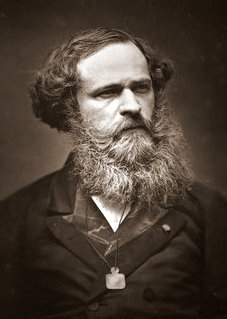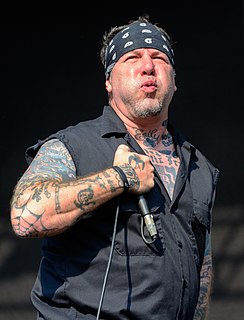A Quote by Virginia Henley
History is my passion. So I write what I love to read. I find that if I combine history with a strong, sensual romance, it is like a one-two punch. The reader doesn't want the history without the romance, and of course the heavier the history, the more it has to be leavened with a sensual, all-consuming love story.
Related Quotes
I don’t know much about history, and I wouldn’t give a nickel for all the history in the world. It means nothing to me. History is more or less bunk. It's tradition. We don't want tradition. We want to live in the present and the only history that is worth a tinker's damn is the history we make today.
I think comedy allows people to accept the more difficult parts of history. And history, if it's presented wrong, is just very depressing, particularly the history of slavery. If slavery is presented properly, it's a great story. But I think that within the commercial world of storytelling in which I live, there haven't been many strong works that discuss slavery in ways that are palatable and funny and interesting to the reader.
If one is going to offer children stories that underneath the story must be something that will inform, stimulate and guide, I love to be on board. I think anything that resonates with history, as does The Jungle Book and Watership Down, reflects patterns of behavior, power struggles, deprivation, migration, survival, joy, love, betrayal, and all of these things. It's tragic that children are encouraged to ignore history. We ignore history and any literature that is historically based in history. Even though both of those films involved animals, of course they reflect human behavior.




































